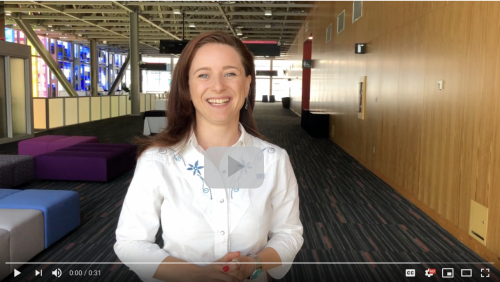Membership in IAAP
It Pays to Be A Member of IAAP
Membership in IAAP offers you a world-wide network of colleagues with a multitude of opportunities to develop close cooperation and exchanges in research, teaching, and the practice of applied psychology.
Through your participation in IAAP's 18 Divisions, you can contribute to the International Congress of Applied Psychology, the quarterly bulletin Applied Psychology Around the World, and regular webinars.
Hear from IAAP Members
Benefits of Membership
- Participate in the International Congresses of Applied Psychology and co-sponsored regional meetings at reduced fees.
- Free online access to journals, Applied Psychology - An International Review and Applied Psychology: Health & Wellbeing.
- Free access to the quarterly bulletin Applied Psychology Around the World.
- Additional online journals from Wiley are offered to IAAP members at special subscription fees.
- Attend and contribute to regular webinars with members around the world.
- Exclusive access to the Early Career Marathon, offering a platform for research presentation and networking with leaders in applied psychology.
Top 10 Reasons to Join
- Become a member of the oldest and largest international association for applied psychology and help to make applied psychology stronger in today’s world.
- Receive two world class journals! Applied Psychology: An International Review or Applied Psychology: Health and Well-being
- Receive other journals at a substantial rate decreases, e.g. The European Work and Organizational Psychologist, the International Journal of Human Resource Management, Human Relations.
- Become a member of an exciting group of international scholars, scientists, and practitioners who are interested in advancing applied psychology, and who want to cooperate with scientists from around the world.
- Support IAAP’s efforts internationally to increase the impact of applied psychology in all countries.
- Support IAAP’s efforts with international organizations to help them to use psychological knowledge more efficiently.
- Support cross-fertilization across the subdisciplines of applied psychology.
- Receive a newsletter free of charge that keeps you knowledgable of new events in other parts of the world.
- Pay reduced fees for the international congresses that are organized by IAAP, e.g. the International Congress of Applied Psychology.
- Pay reduced membership dues for student members and members from low income countries.


